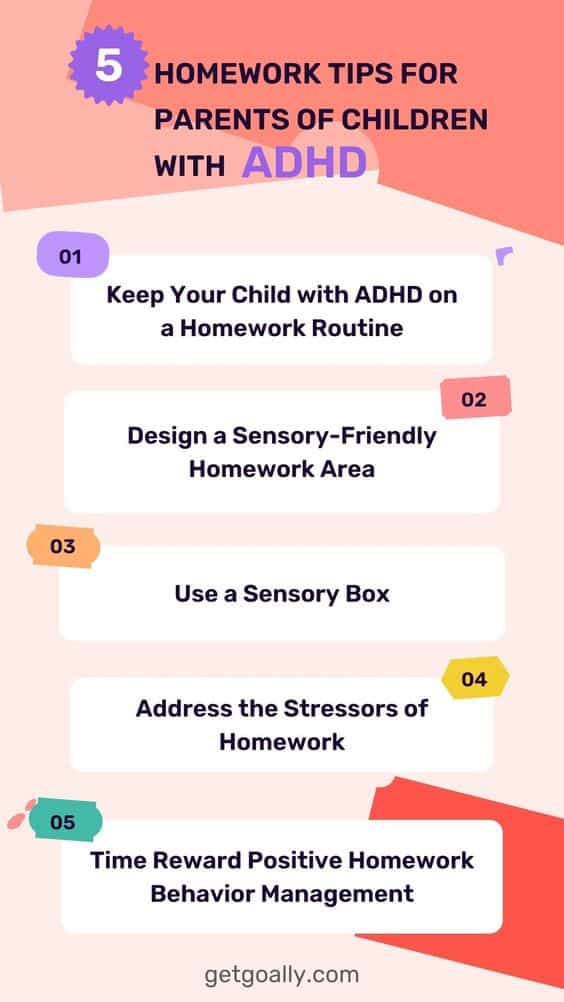Respite care provides temporary relief to caregivers, allowing them to take a break from their responsibilities. Here’s a brief overview of how respite care works and some examples of it in action:
| Respite Care Type |
Description |
| In-home respite care |
Trained professionals or volunteers provide care in the caregiver’s home, giving them a chance to rest or attend to personal tasks. |
| Facility-based respite care |
Care recipients stay at a care facility for a short period, where they receive the necessary assistance and engage in activities. |
| Adult day programs |
Care recipients spend the day at a center, participating in social activities and receiving support while their caregivers take a break. |
| Overnight or weekend respite care |
Care recipients stay overnight or for an extended period at a facility, allowing caregivers to have longer breaks or take vacations. |
| Specialized respite care |
Some programs cater to specific conditions or disabilities, providing tailored care and support. |
Respite care offers various options, from in-home care to facility-based programs, giving caregivers the opportunity to rest and care recipients the chance to engage in social activities and receive support.
This post was originally published on Feb. 14, 2023. It was updated on Jan. 19, 2024.











